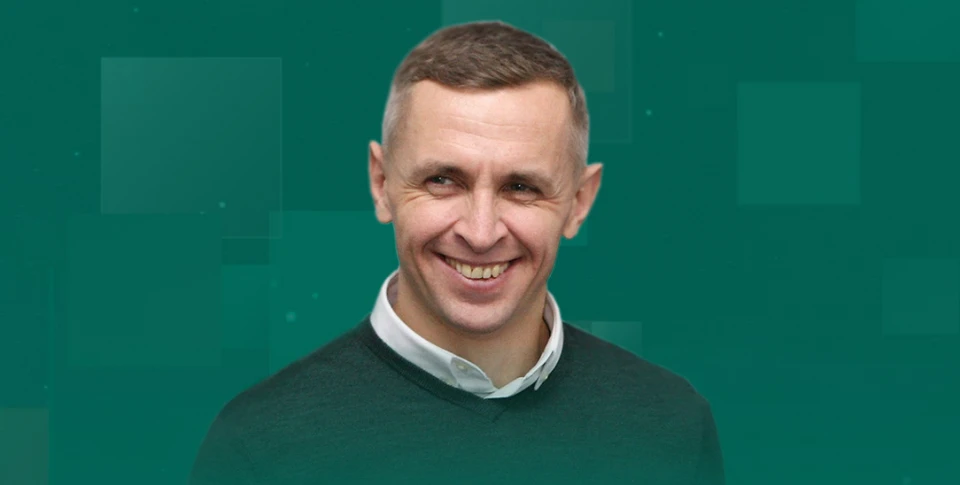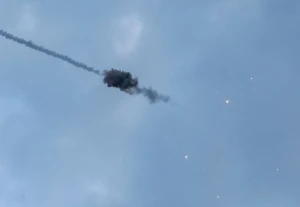
Putin at Valdai: A bid for a second Yalta
Putin spoke at Valdai, stretching out his speech and responses over three hours. His words were laced with wordplay, distorted facts, and the usual digs at Europe, making it clear he sees its leaders as ineffectual
After the failure of his 2022 blitzkrieg, Putin regrettably managed to regroup: he reorganized the military, reshaped the economy, and bolstered his network of external agents. By late 2024, his army no longer seems a laughingstock — it’s a genuine threat for further expansion. He’s built a centralized system for weapons production (yes, there are issues, but they pale in comparison to Europe’s, which has been neglecting its military capabilities for years). In the upcoming budget, war spending will rise further, despite looming economic collapse and a real estate market in freefall.
The Kremlin’s motivation is simple self-preservation: they need to keep up appearances as long as possible, while Russia still has strength and its enemies are immobilized by nuclear anxiety.
Domestic troubles barely concern Putin — he laid the groundwork for the Russian public’s mindset long before the invasion, so nothing holds the Kremlin back from focusing on one goal: pushing the narrative that "Russia will never be humiliated again." It’s classic street tough posturing, hyping himself up every day.
Putin is impervious to any reality that doesn’t fit his worldview. Leaders like Scholz, Macron, and Orbán are mere “roadside dust” to him — intimidated and ineffective.
He’s aiming for a second Yalta, where he envisions sitting across from Trump to hammer out a deal, granting him dominion over “small Europeans.” The irony is that Trump shares a similar view of Europe’s potential, at least in terms of capabilities.
But Putin isn’t sure if Trump will make that deal. And that uncertainty keeps him from feeling that he’s already won.
In this clash of egos, someone has to blink. If Trump senses Putin’s ambition, it could backfire — this is a battle of narcissists, and there can only be one winner, the one who claims all the spoils.
That’s why I don’t believe a quick end to the war is likely. Since November 5, this war has become a global litmus test of leadership. Reaching a middle ground now is even tougher than it was during Biden’s tenure.
Here, strength will truly decide the outcome.
About the author. Viktor Shlinchak, Chairman of the Board of the Institute of World Policy.
The editorial staff does not always share the opinions expressed by the blog authors.
- News













































